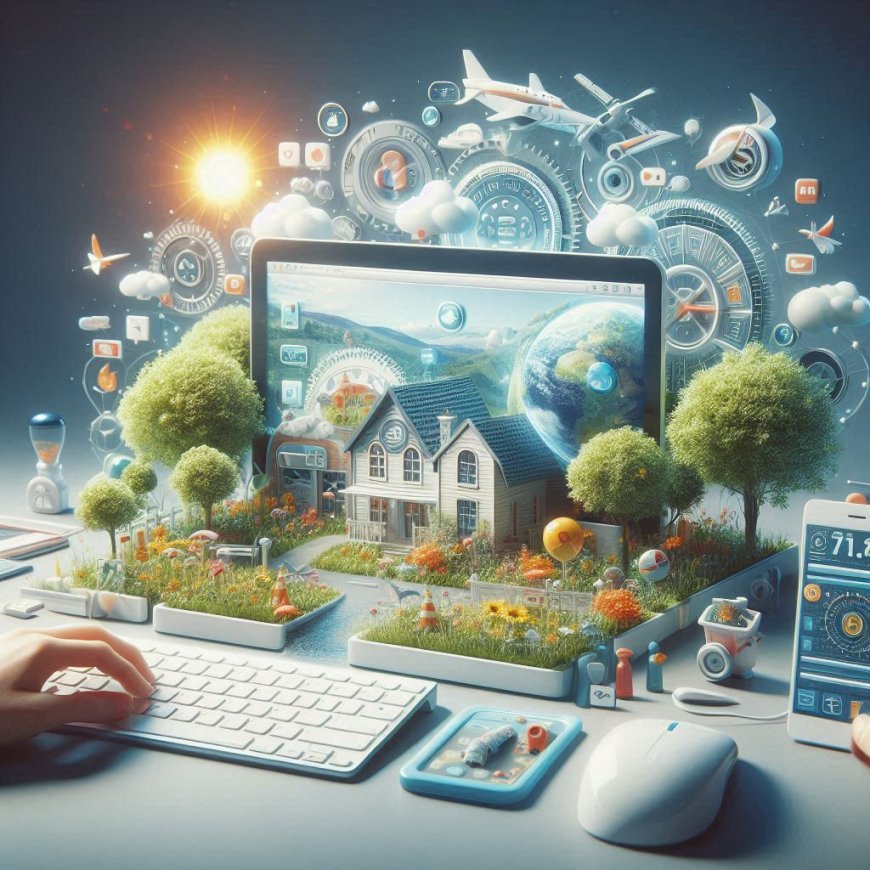The Metaverse: Where Reality and Virtuality Intertwine

The metaverse, a concept that has been popularized in science fiction for decades, is rapidly becoming a reality. It's envisioned as a persistent, shared virtual space where users can interact with a computer-generated environment and other users. This article explores the concept of the metaverse, its potential applications, and the challenges that lie ahead.
What is the Metaverse?
The metaverse is a collective virtual shared space, created by the convergence of virtually enhanced physical reality and physically persistent virtual space, including the sum of all virtual worlds, augmented reality, and the internet. In essence, it's a 3D version of the internet where users can interact with each other and digital objects in a shared virtual space.
Key Characteristics of the Metaverse:
- Persistence: The metaverse exists continuously, even when users are not present.
- Immediacy: Users can interact with the metaverse in real-time.
- Three-dimensionality: The metaverse is a 3D space that can be explored from multiple perspectives.
- Incarnation: Users can represent themselves in the metaverse using avatars.
- Concurrency: Multiple users can interact with each other in the metaverse simultaneously.
Potential Applications
The metaverse has the potential to revolutionize many industries, including:
- Social Interaction: The metaverse could become a new platform for social interaction, allowing people to connect with friends and family in a more immersive way.
- Gaming: Gaming is already a major driver of metaverse development, with games like Fortnite and Roblox offering virtual worlds where players can interact with each other.
- E-commerce: The metaverse could transform online shopping, allowing users to try on clothes virtually and explore virtual stores.
- Education: The metaverse could provide new and immersive ways to learn, such as virtual classrooms and simulations.
- Remote Work: The metaverse could enable remote workers to collaborate and interact with colleagues in a virtual office.
Challenges and Considerations
While the metaverse offers many exciting possibilities, there are also challenges that need to be addressed:
- Technical Limitations: Creating a fully realized metaverse requires significant technological advancements, such as high-speed internet, powerful hardware, and advanced software.
- Privacy Concerns: The collection and use of personal data in the metaverse raises privacy concerns.
- Social Issues: The metaverse could exacerbate existing social inequalities and create new forms of addiction.
- Ethical Implications: The development of the metaverse raises ethical questions about the nature of reality, identity, and ownership.
Conclusion
The metaverse represents a significant shift in how we interact with technology and each other. While there are many challenges to overcome, the potential benefits are vast. As technology continues to advance, we can expect to see the metaverse play an increasingly important role in our lives.
What's Your Reaction?






































